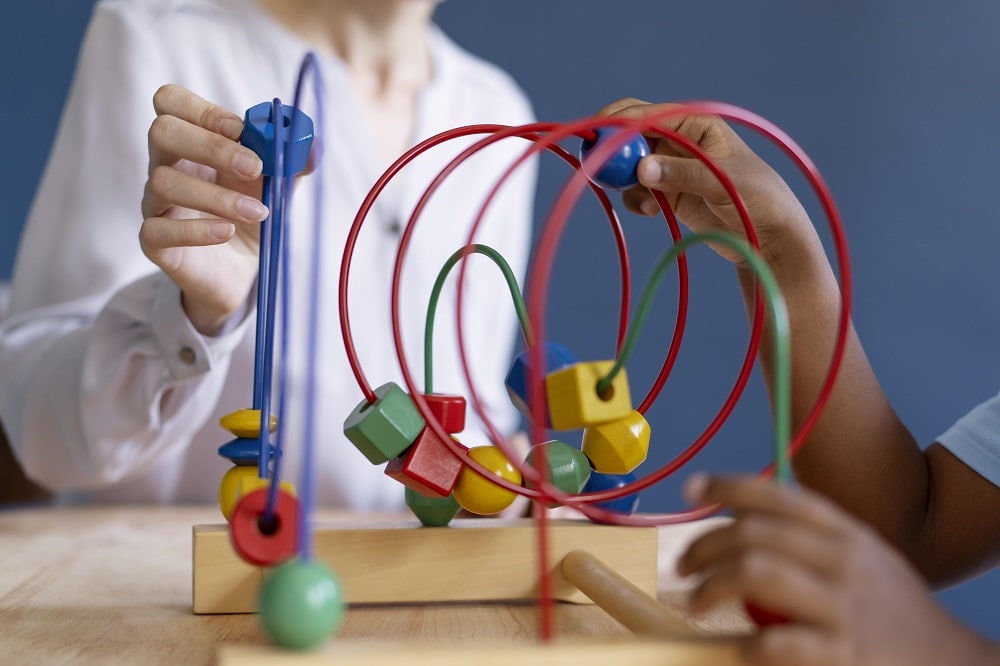Occupational therapy plays a crucial role in the treatment of people who have suffered neurological damage. Its main goal is to help individuals recover, develop or maintain the skills necessary to participate in meaningful daily activities and improve their quality of life.
Following neurological damage, such as stroke, traumatic brain injury or neurodegenerative diseases, patients often face challenges in their ability to perform everyday tasks. Occupational therapy works in partnership with these individuals to address their difficulties and promote their functional independence.
Some of the roles occupational therapy can play following neurological damage include:
Assessment and planning: The occupational therapist assesses the individual’s physical, cognitive and emotional abilities, as well as their environment. An individualised treatment plan is developed based on these assessments.
Training in activities of daily living (ADLs): Skills such as dressing, personal hygiene, eating and handling utensils are worked on and adapted according to the patient’s needs and abilities.
Cognitive rehabilitation: Techniques and strategies are used to improve memory, attention, concentration, problem solving and other cognitive functions affected by neurological damage.
Movement and coordination therapy: Exercises and activities designed to improve mobility, balance, coordination and manual dexterity, strengthening weakened muscles and facilitating the reintegration of movements.
Adaptations and use of technical aids: The occupational therapist can recommend and teach the use of assistive devices, environmental adaptations and technical aids to facilitate participation in daily activities.
Fatigue and energy management: After neurological damage, fatigue can be a common symptom. Occupational therapy works on strategies to manage energy and adapt daily routines to minimise fatigue.
Social and emotional skills training: Occupational therapy can also address social and emotional aspects, helping patients develop communication skills, manage stress and adapt to emotional changes that may follow neurological damage.
These are just some of the main functions of occupational therapy in the context of neurological damage. The occupational therapist will work holistically with the individual and their health care team to provide personalised care and promote maximum recovery and functional participation in daily life.
Leave us your data to start your treatment







